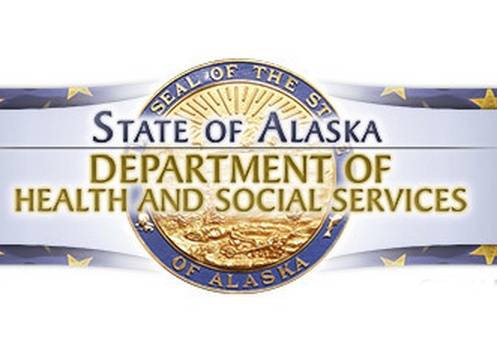
Protocols are being tightened up concerning the Ebola virus after the first case of Ebola contracted in the United States was uncovered on Sunday.
26-year-old Nina Pham, one of the nurses caring for the Ebola victim, Thomas Eric Duncan, who died last week from the deadly contagion, tested positive for the vvirus, un-nerving neighbors and prompting many questions about the safeguards in place to halt the spread of the disease.
Observation has expanded to the more than 50 people that were involved with Duncan’s care.
Workers in hazmat gear could be seen cleaning up the entrance and the residence of the newly infected health worker. Most likely, many of her belongings will meet the same end as the belongings of Duncan, where all the materials belonging to Duncan and materials from the apartment he was staying in in Dallas were collected up for transportation to the Veolia incinerators for destruction.
This present outbreak in Western Africa has already killed over 4,000 victims, and has many in the U.S. concerned that the virus is only one commercial flight away from American shores.
Health authorities say that more cases may surface as they look to expand the list of persons that provided care for Duncan.
Health officials are unsure how the nurse became infected as she had been using gowns, masks, and other protective gear while in the presence of Duncan. Officials say that Pham has only had direct contact with one person. That person is being monitored and thus far has shown no signs of the infection.
Lawmakers are moving swiftly to set aside more money to stop the spread of the deadly virus and some are even moving to block entry into the U.S. by anyone coming in from the affected Western African countries. Over $1 billion has already been committed by the U.S. to stop the virus on that continent.
The director of the Centers for DDisease Control, Tom Freiden says, “We have to rethink the way we address Ebola infection control, because even a single infection is unacceptable.”
“The single most important thing for every hospital to know is taking a history of travel,” Frieden said. He pointed out that individuals that have been in Western Africa in the past 21 dsays and are exhibiting any symptoms should be immediately isolated.
The CDC says that victims only become contagious after they begin experiencing the symptoms of the virus and that as the disease progresses, they become more and more contagious.
The Alaska Public Health Network distributed an advisory last week stating that, “Due to the overall low number of Alaskans who either have family ties to the Ebola-affected countries or who are deploying to these countries from Alaska to offer medical assistance, the risk of Ebola arriving in Alaska is lower than the risk for States with large numbers of people returning from these countries…but the risk to Alaska is real. Ebola can cause symptoms up to 21 days after exposure, which is enough time for an Ebola-exposed person to travel anywhere in the world before developing symptoms.”








